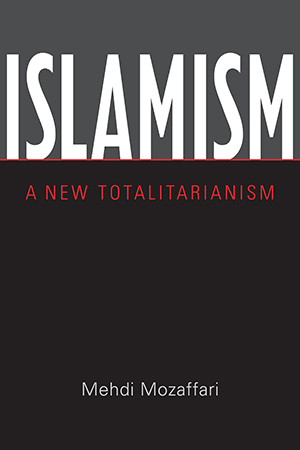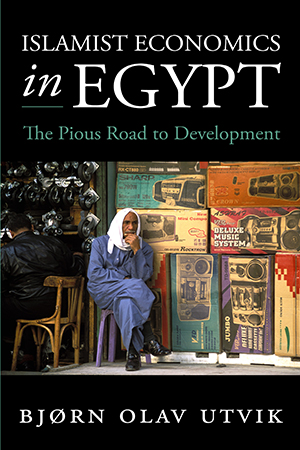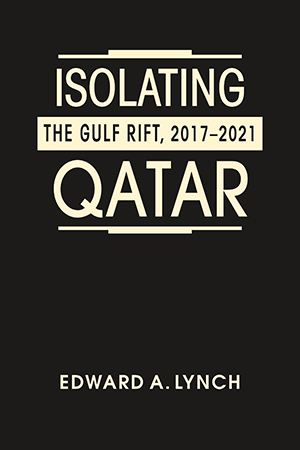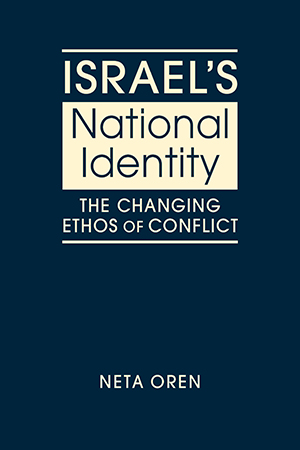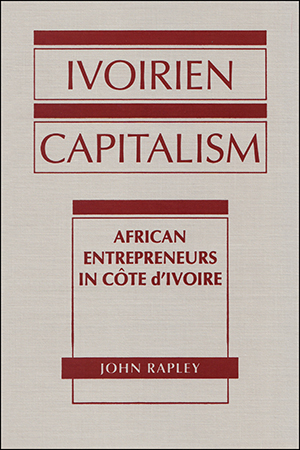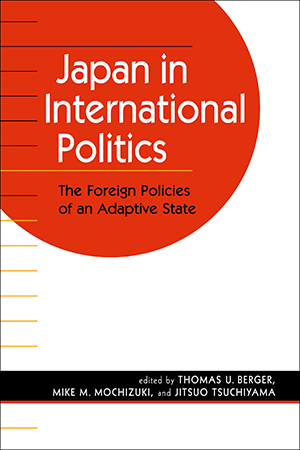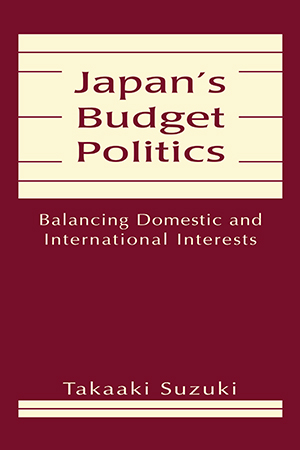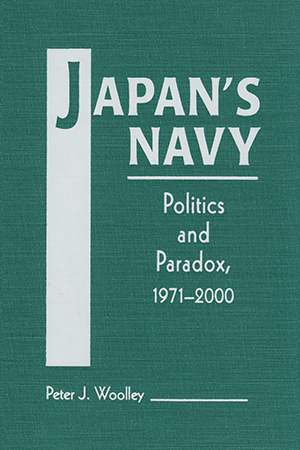BOOKS
What exactly is Islamism? And what explains its violent expansion in recent decades? Why are Islamists so determined to change the world order? Are there similarities between Islamism and More >
Islamism is often portrayed as a reaction against, or at best a belated accommodation to, modernization. Refuting this dismissive opinion, Bjørn Utvik explores the movement through More >
In June 2017, Bahrain, Egypt, Saudi Arabia, and the UAE announced a comprehensive boycott of Qatar. Diplomatic ties were severed, trade was banned, and airspace was closed. Qatari nationals More >
Discussions of democratic backsliding typically include examples from Hungary, Poland, Turkey, and even the United States, but rarely a mention of Israel. Neta Oren asks: Should scholars More >
In a country whose citizens have experienced prolonged exposure to intractable conflict, are there unique features to be found in Israeli society’s core beliefs? And how—and to More >
Though studies of capitalism in Africa traditionally focus on the activities of foreign investment, in Cote d'Ivoire capitalist development has been largely the work of a domestic class More >
How have shifts in both the international environment and domestic politics affected the trajectory of Japanese foreign policy? Does it still make sense to depict Japan as passive and More >
What is the source of the increasing politicization of Japan's budgetary policy? Takaaki Suzuki explores this question, finding the answer in the the interplay of domestic and More >
Japan’s navy, after that of the United States, is now the most potent in the Pacific Ocean. This book examines the development and potential of the Japanese navy in the context of the More >
Long constrained as a security actor by constitutional as well as external factors, Japan now increasingly is called to play a greater role in stabilizing both the Asia-Pacific region and More >



